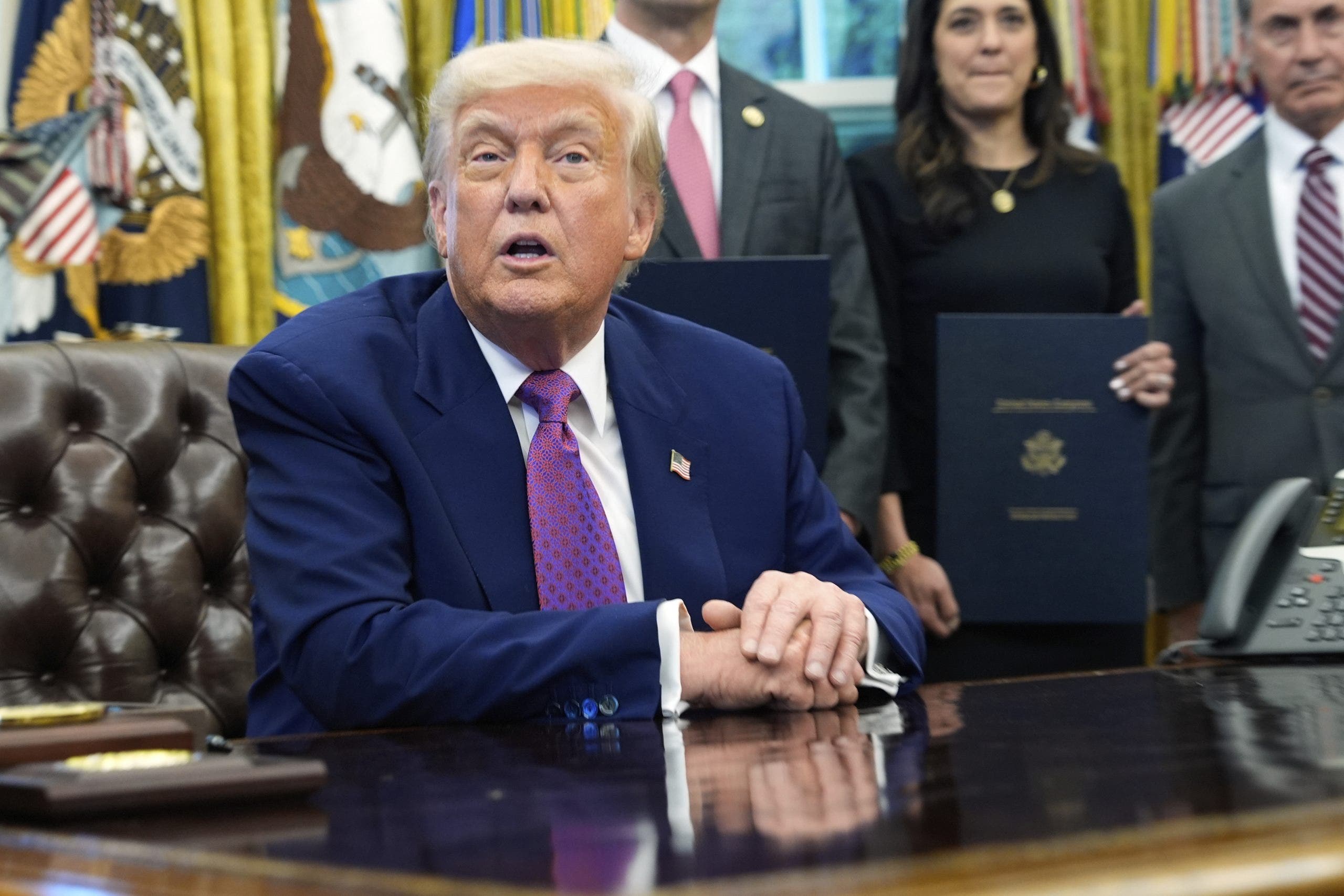Trump says raising taxes on country’s wealthiest is ‘good politics’

As the Republican party explores options to extend President Donald Trump’s 2017 tax cuts, there is a new proposal on the table that could potentially see a tax increase for the nation’s highest earners. Some Republican lawmakers involved in the process have suggested that raising taxes on the wealthy could pave the way for tax cuts for lower-income individuals.
President Trump himself seems to be in agreement with this approach. In a recent statement to reporters, he emphasized the idea of redistributing wealth by having the wealthy give up some of their earnings to benefit those in the middle and lower income brackets. Trump expressed a willingness to make sacrifices in order to provide tax breaks for those who need it most.
This proposal has drawn comparisons to former President George H.W. Bush’s infamous “Read my lips: No new taxes” statement during his 1988 campaign. Bush Sr. ultimately broke this promise and raised taxes, which some experts believe contributed to his loss in the following election. However, Trump dismissed these comparisons, attributing Bush Sr.’s loss to other factors, such as the presence of Ross Perot in the race.
On his Truth Social platform, Trump addressed concerns about the potential electoral consequences of supporting a tax increase for the wealthy. While acknowledging that Democrats would likely use this against him, he maintained that it could be good policy to prioritize tax relief for lower and middle-income workers.
Despite some reservations about the political implications, Trump indicated that he would be supportive if Republicans decided to move forward with a tax hike for the wealthy. He emphasized the importance of helping those in need, even if it meant accepting a small tax increase for the rich.
In conclusion, the debate over tax policy continues within the Republican party, with some advocating for a shift towards more progressive taxation. Whether this proposal gains traction remains to be seen, but it reflects a broader discussion about how best to address income inequality and provide relief for those struggling to make ends meet.




